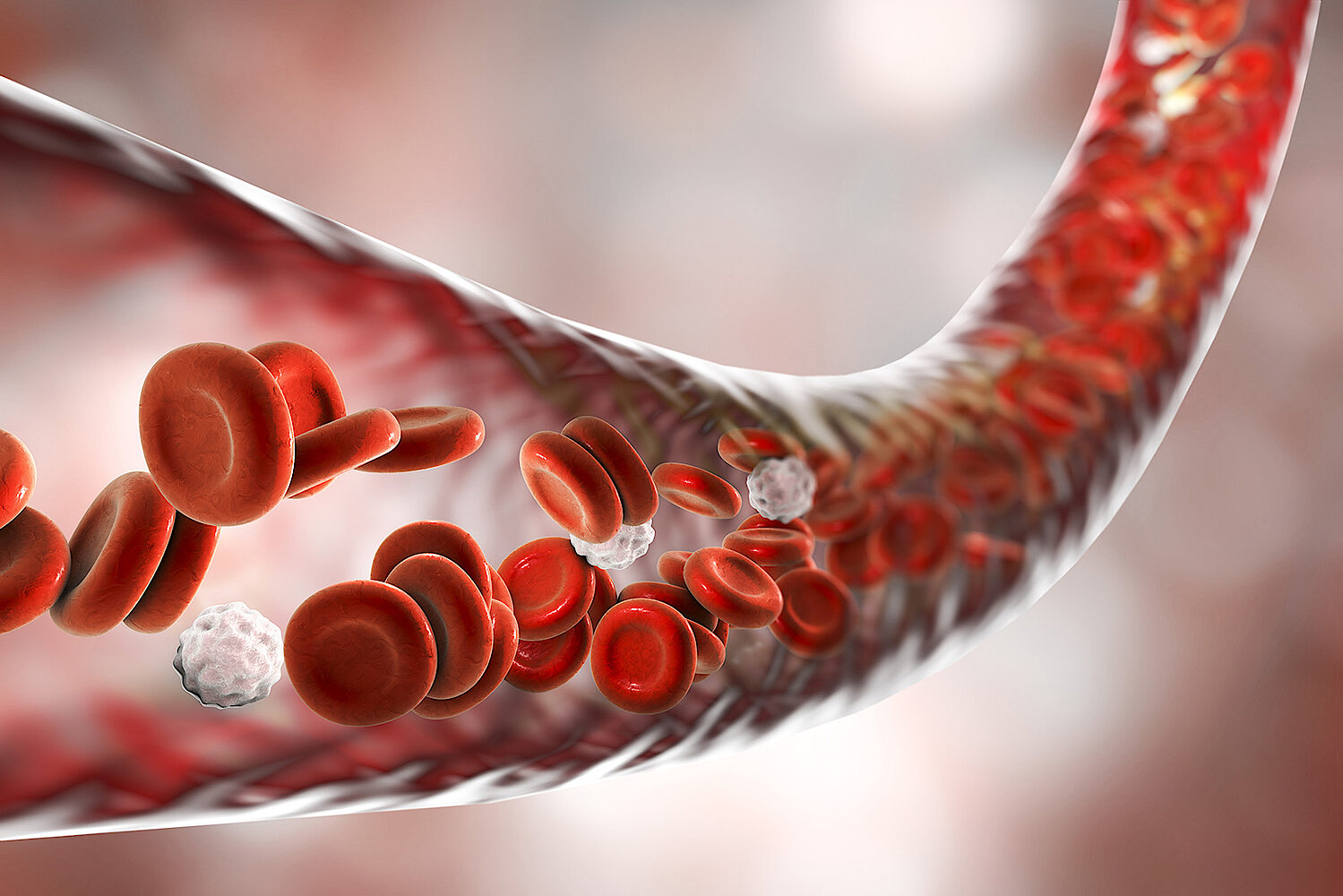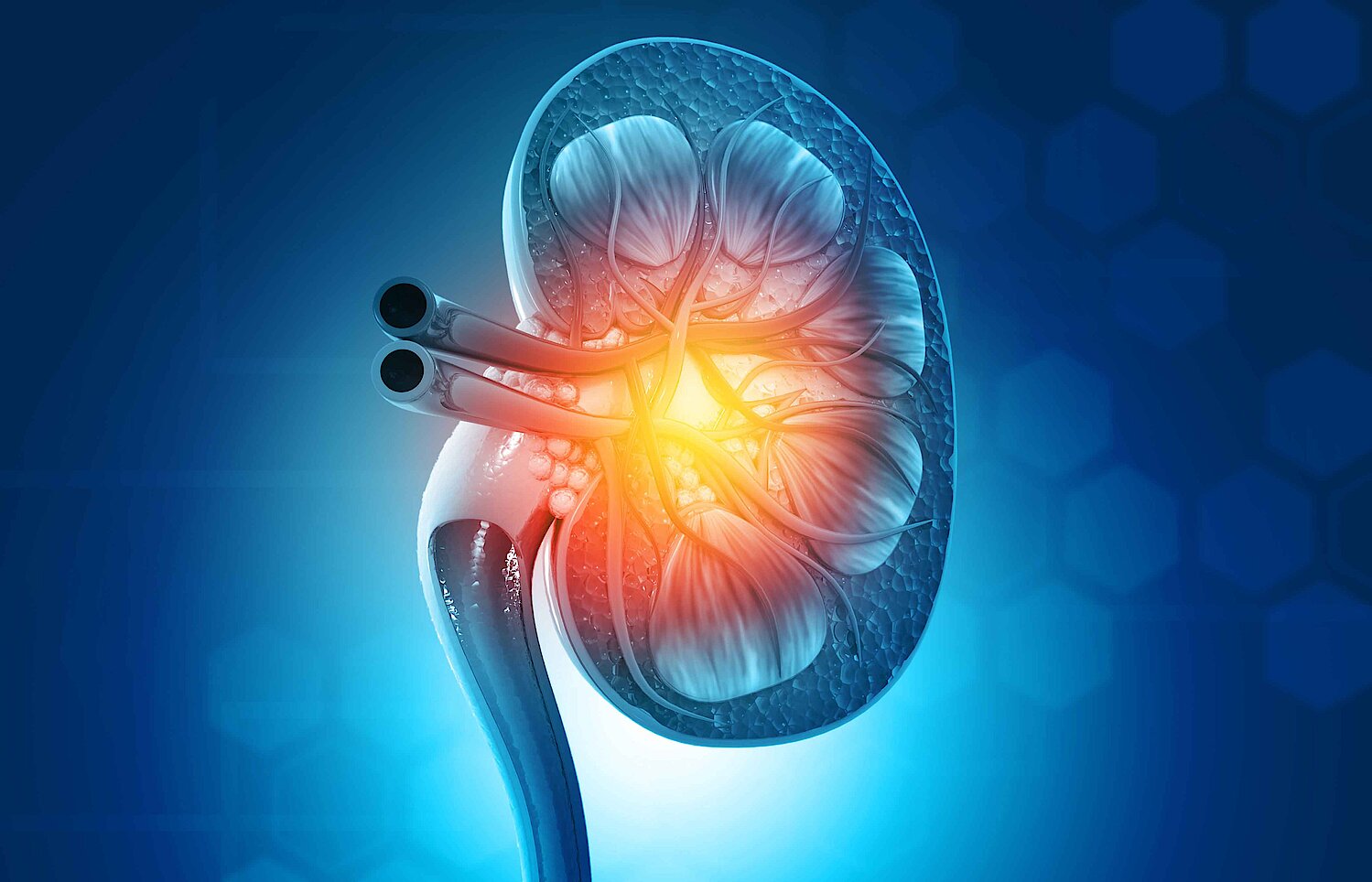Ready-to-scale solutions
We have developed a robust blueprint-shaped by strategic accomplishments-to minimize development uncertainties and accelerate market readiness for innovative biomarkers on third-party platforms.
1. Robust scientific foundation
We have established a proven link between disease pathways and our biomarkers, backed by extensive scientific evidence and high analytical accuracy of the reference technologies.
2. Intellectual property security
Our innovations are protected by strong patents, ensuring a competitive advantage in the market.
3. Proven clinical utility
Our biomarkers are scientifically validated and address unmet clinical needs, with proven utility demonstrated by successful proof-of-concept in leading hospitals and routine clinical use.
4. Market-ready solution
Our assays are developed for clinical relevance and scalability, offering a robust blueprint for seamless integration into partner diagnostic pipelines—ideal for in-licensing by companies seeking innovative biomarker solutions.
5. Multidisciplinary expertise
Our team possesses deep expertise in critical care biomarkers, assay development, clinical implementation, and collaborations with leading academic and medical centers.
Bio-ADM: endothelial function biomarker
Bio-ADM is a dynamic biomarker for the real-time assessment of endothelial function. Loss of endothelial function is causing the formation of edema, shock and subsequent organ failure in critically ill patients.


PenKid: kidney function biomarker
PenKid is a dynamic biomarker for the real time assessment of kidney function. PenKid is a blood-based alternative to standard biomarkers that correlates with the true glomerular filtration rate (true GFR).
Contact us
Do you have any questions or require more information?
We are looking forward to talking to you!
email: info[at]sphingotec.com

Deborah Bergmann
Managing Director & CEO
*Disclaimer
Sphingotest® penKid®, and sphingotest® bio-ADM® are offered for research use only. “penKid” and “bio-ADM” represent the analytes Proenkephalin A 119-159 and bioactive Adrenomedullin 1-52, respectively.

